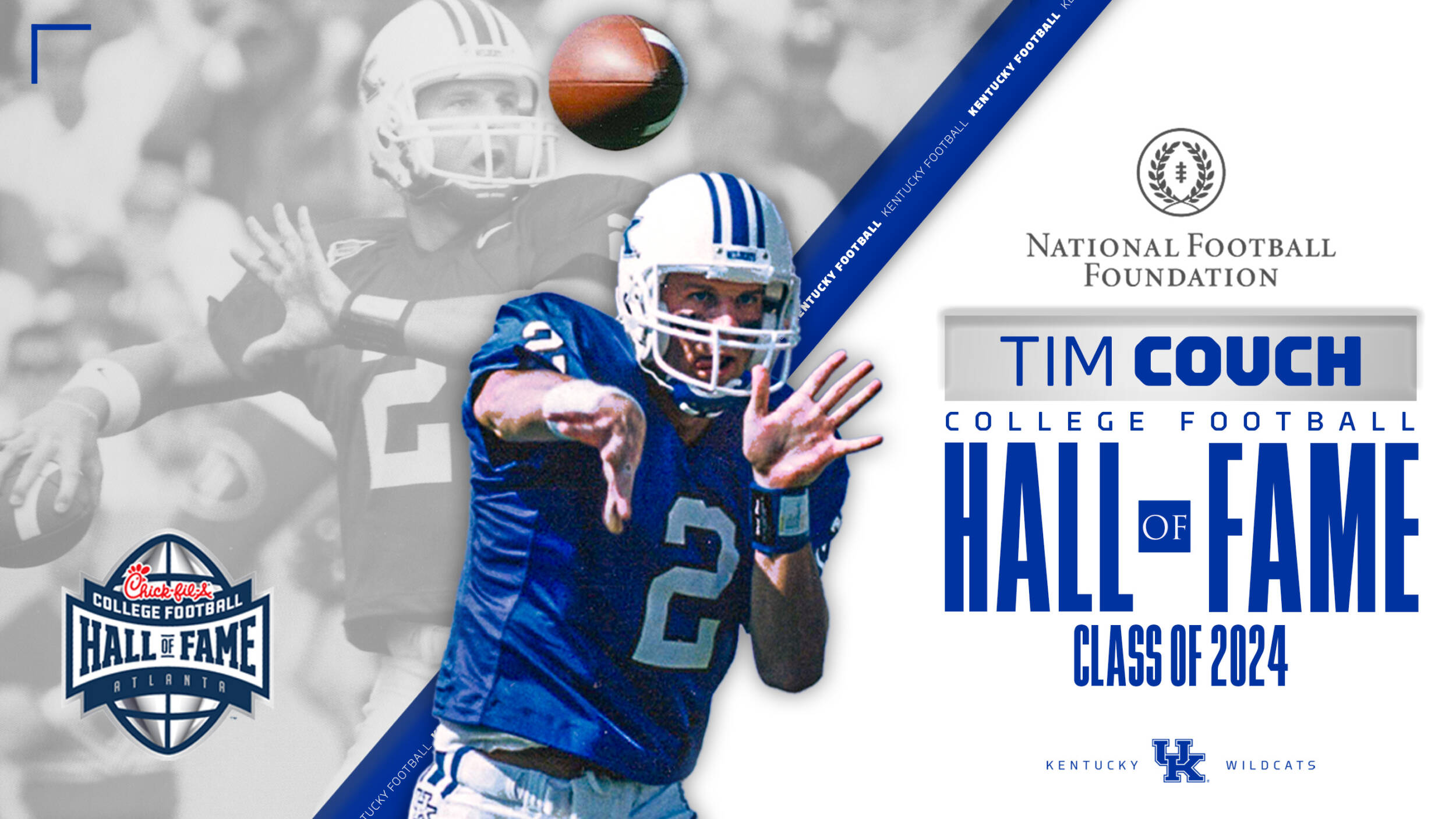Sept. 10, 2002
Before the season began, Mitch Barnhart sat down for a question-and-answersession about his football success at Oregon State and his initialimpressions about Kentucky football.
Q: What were some of the obstacles you had to overcome at Oregon State?
A: You had to overcome the mindset of losing. They had 28 consecutive losingseasons and another five or six years beyond that of not having been to abowl game (1964). So, talking about winning and bowl games was difficult forthe fans and the players, not to mention the administration and the coaches.
You had to create a climate where winning was acceptable and expected andyou had to let people know that we didn’t want to be a part of just goingthrough the motions. That’s what we tried to instill early on. We had twocoaching staffs out there that did a great job of helping create thatthought process.
Q: How did you attack that problem?
A: We had to have fun. We forgot to have fun somewhere along the way. We hadto remind them that this is Division I athletics, and it is big-time collegefootball, but it’s still a kid’s game, and you’re supposed to have fun.
I think a program that’s trying to get on its feet again needs to have one ortwo breakthrough games where you feel that ability to compete at a differentlevel. We won one big game that first season and it was a breakthrough gamefor us (a 44-41 overtime win over No. 15-ranked Oregon in 1998). Once you dothat, it (winning) becomes a habit and an expectation rather than a hope.
Q: How did you create such an intimidating atmosphere at your home stadium?
A: There were two pieces to the puzzle. One was that we won some games earlythat fostered a “defending your house” image.
Second, our fans were incredible. We challenged them to be loud. Wechallenged them to be enthusiastic. We challenged our fans to have fun, andto make it a tough place to play. When people (opponents) came in, let themknow that they were in an environment that would be tough to walk out with awin. Sixteen of the last 18 times we sent them (opponents) home losers.
Q: How are you going to get the program at Kentucky more “fan-centered”?
A: On game day, we can’t control what happens on the field, that’s betweenthe coaches and the players and the officials that run the game. What we cancontrol is what’s off the field – the way we service people, the way wetreat people, the way we let them know that we’re honored by their presencein our stadium.
Being customer-service oriented is very important. We need to do a good jobin everything, from when people walk through the gates, to the restrooms, tothe concession stands. We have to be customer-friendly and make sure wecreate a family environment for people to want to bring future Wildcats tothe games. We have to make sure we’re building that fan base for the future.

President Lee Todd presents Mitch Barnhart with a UK hat on the day of his appointment. |
|
Q: What do you see as the positives in UK football?
A: The passion of the fans. To be 2-9 for a couple years in a row and for thefans to be so supportive, buying the tickets and coming out to the teamfunctions that we’ve had, has been wonderful.
I’ve been extremely pleased with the effort of the players. The playersgenuinely want to make a difference and want to get better in this program.It speaks volumes how hard they worked this summer in preparation for thisyear.
Our facilities are first-class. We have the ability to succeed here and I’mproud of that. But we have work to do to help this coaching staff have thebest opportunity to win.
Q: Any final thoughts?
A: The one thing I want from our fans, outside of buying the tickets, is toask them to get out of their seats and cheer, to be enthusiastic on a bigplay, and make sure they’re out of their seat making noise and ready to go.
When we’re down and we’re struggling, we want our fans to do a good job ofstaying in there and helping pick the team up. Don’t wait for something tohappen, help create that excitement and enthusiasm for the team to make ithappen. We expect the young people to make plays. But I don’t think there’sany of us who hasn’t been a part of a sporting event who hasn’t felt theadrenaline rush of a crowd getting behind something. Our players are nodifferent. They want that and they feel that. If we’re waiting for them tomake it happen, sometimes it’s not going to happen. But if we help themcreate it, and create that enthusiasm behind them, that’s a huge help to ourprogram. So I ask people to be enthusiastic. I think it’s absolutelyimperative that we don’t miss the opportunity to wave the towels or wave theflags or whatever they want to do and get after it.



